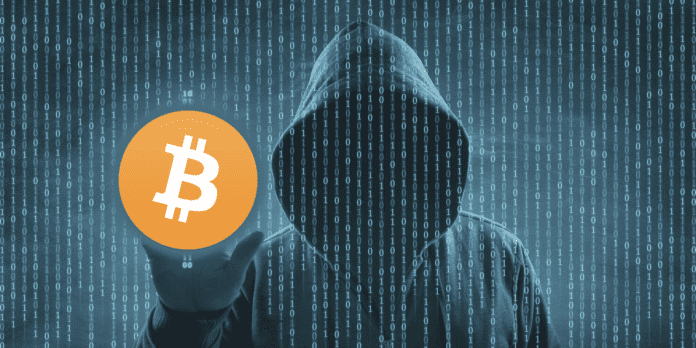The story doesn’t change. Someone impersonating someone else calls you. They may say they are from the IRS, the Sheriff’s Department, Social Security…..pick one. You owe money. Your Social Security number or Medicare number has been compromised. You missed jury duty. Pay up or go to jail!
They may be that interesting person you met on social media. They are having tax problems. Or their Visa has been revoked. Or their child needs surgery. Or they need surgery. The need is the same – money.
You know from previous articles that gift cards are a preferred method of payment. Once you buy the gift card and relay the redemption codes to the caller, the money is gone. The transaction can’t be traced. You are out whatever amount of money that the scammer wanted.
We are now hearing about scammers who are requesting cryptocurrency. The MO is the same. (See above.) The need is the same. (See above.) This time, however, the scammer is requesting payment in cryptocurrency.
Now let me back up. Cryptocurrency is a form of payment. It’s digital. The payment system doesn’t rely on banks or other financial institutions to verify transactions. It’s a peer-to-peer system that enables anyone anywhere to send and receive payments. Cryptocurrency is encrypted which means that advanced coding is involved in storing and transmitting cryptocurrency.
There is no paper. There are no coins. If you own cryptocurrency, you don’t own anything you can hold in your hand. Nothing tangible. You own a key that allows you to move a record or a unit of measure from one person to another without a third party. Cryptocurrency is kept in an online wallet.
OK – back to the scam. The impersonator scammer contacts you. They demand payment for something, and you decide to pay. Here’s where it takes the first turn. Instead of sending you off to buy gift cards, the scammer tells you to go to an ATM that deals in cryptocurrency. They stay on the phone with you the whole time, directing your movements. When you get to the ATM, they’ll tell you to put your money into the ATM and buy cryptocurrency.
Here’s where the other turn occurs. The scammer will send you a QR code with their address embedded in it. You buy the cryptocurrency, scan the code, and POOF! Your money is gone! No need to share a redemption key and PIN from a gift card, just scan the code.
Side note: a QR (or Quick Response) code is a barcode
The Federal Trade Commission tells us, “Here’s the main thing to know: nobody from the government, law enforcement, utility company, or prize promoter will ever tell you to pay them with cryptocurrency. If someone does, it’s a scam, every time. Any unexpected tweet, text, email, call, or social media message — particularly from someone you don’t know — asking you to pay them in advance for something, including with cryptocurrency, is a scam.”
Protect your dollars. Use good sense. Stay safe!


